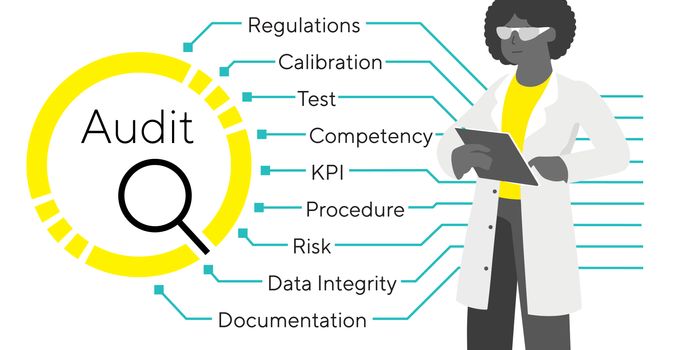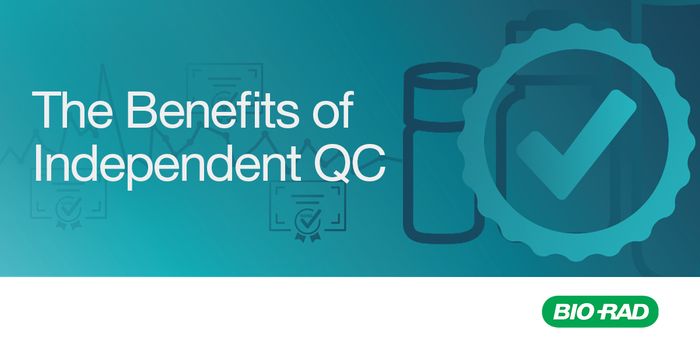Is There an Upper Limit to the Benefits of Exercise?
By now, I am sure that you all know that one of the best ways to improve your health is by running, jogging, walking, or some other consistent exercise. You might begin to wonder, though, is there a threshold? Is there a point where it running longer doesn’t actually help?
That question has been at the head of many studies concerning exercise and cardiovascular health. It is already known that even a little exercise can improve your heart health, so long as it is consistent, but whether or not there is an upper threshold to this finding remains conflicted. Many studies have found there to be a point of diminishing returns at higher levels of fitness. Some question these results, though, due to the methods they employed to get the data.
Questionnaires have been the go-to method of measuring the physical activity of large populations for decades now. They don’t require extensive doctor’s visits and can be given to anyone who walks into a doctor’s office to fill out while waiting. The problem? Well, questionnaires rely on patient honesty and accuracy. You might imagine that someone who just started working out, for example, will overestimate their exercise habits. Others might put down that they work out six days a week when they hadn’t been able to do so for months. Still, others might just be under stress and tired and sort of just put down numbers and checkboxes to get it over with. Unfortunately, all of this limits the accuracy and dependability of studies that use questionnaires as their primary source of data collection.
The goal then is to do the same study but with more reliable data. In a new survey from teams across the United Kingdom, accelerometers were thought to be the key. What is an accelerometer? Well, look at your phone or smartwatch, and you have your answer. Inside both of them is a piece of technology that allows it to measure changes in speed. That is how your phone knows when you picked it up, when you put it on its side, etc. This accelerometer is also used to track exercise in most cases nowadays. Therefore, this new study would rely on this accelerometer data, rather than questionnaires, to answer the question “Is there a limit to the health benefits of exercise.”
This study looked at the data of nearly ninety-thousand participants over two years. One of the clearest observations was that physical activity directly correlated with general lifestyle risk factors. Those participants on the lower end of the physical activity spectrum were smokers, heavy drinkers, had higher body mass, and even previous hypertension. Those that conducted a vigorous physical activity for longer than 90 minutes a week had their risks reduced more than five-fold compared to those who did not break 10 minutes a week. The results also showed these benefits did not reach a point of diminishing returns but kept increasing with physical activity.
The results conflicted with other studies utilizing the questionnaire as its source of data. Considering accelerometer-based fitness tracking is still relatively new, the study should be taken with a grain of salt until other studies confirm its findings. The truth is, consistent exercise will go a long way towards increasing your cardiovascular (and therefore your overall) health. If you want to push your limits, just be careful and consult a doctor before pushing yourself too hard.
The study concludes, “In this large population-based cohort, higher levels of moderate-intensity and vigorous-intensity PAs as well as total volume were inversely associated with risk of incident CVD with no evidence for a threshold effect. The finding of no threshold effect aligns with the recommendations of the UK Chief Medical Officer’s report on PA that ‘some physical activity is good but more is better’”.
Sources: PLOS Medicine, Healthfirst NY









